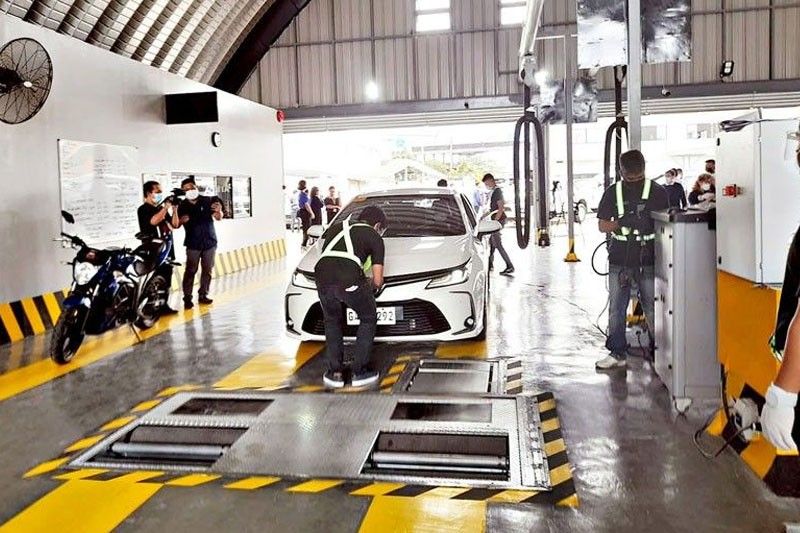Car sales accelerate, but tariffs still a speed bump

MANILA, Philippines — Car sales grew month-on-month in February, but the industry warned a full recovery could still be far ahead after the government imposed safeguard duties against their imports.
What’s new
Cars sold reached 26,230 units last month, up 12.2% from the previous month, data from the Chamber of Automotive Manufacturers of the Philippines (CAMPI), an industry group, showed.
Compared to same period a year ago just before the pandemic struck, sales declined 12%. From January to February, car units sold were still down 7.3% to 49,610 units.
Why this matters
Vehicle sales are often used as barometer of economic strength. The central bank, for instance, closely follows this gauge to measure consumer appetite for durable goods. Household consumption represents 70% of annual economic output, and big purchases like cars materially add to gross domestic product when produced more.
What VIPs say
CAMPI President Rommel Gutierrez said in a statement the sector is seeing “early signs of recovery” but the rebound is under threat from a government decision to slap higher tariffs on imported cars for 200 days starting January.
While some CAMPI members still assemble units in the Philippines, manufacturers like Nissan has exited and most local cars are now sourced from countries like Indonesia and Japan. The trade department has repeatedly defended its move, saying it was meant to support local automobiles.
The tariff has prevented CAMPI from setting a sales forecast this year. In 2020, after the pandemic sapped consumer demand, cars sold hit a 7-year low of 223,793 units, missing the 240,000 CAMPI projection.
Other figures
- Of all cars sold, smaller passenger cars performed better, growing 8.3% month-on-month and 3.8% year-on-year to 15,194.
- Commercial vehicles, meanwhile, hit 34,416, up 14% from January but down 11.5% from February 2020.
- Latest
- Trending

























